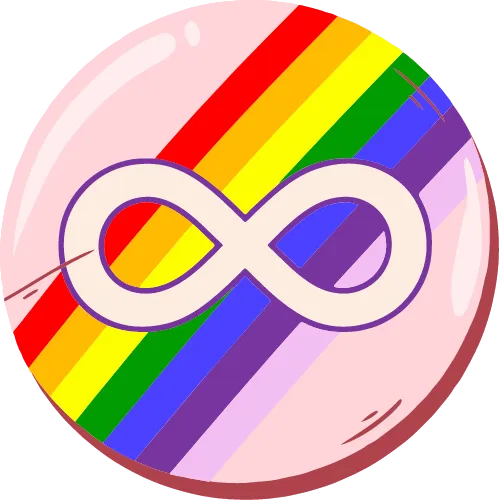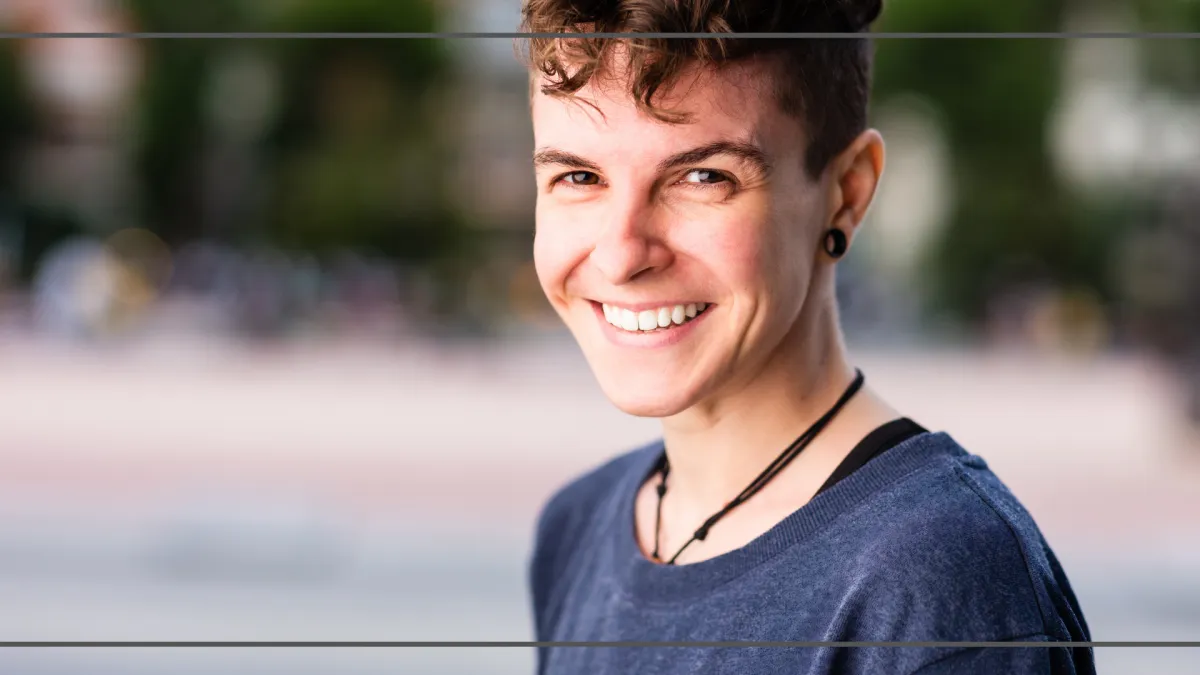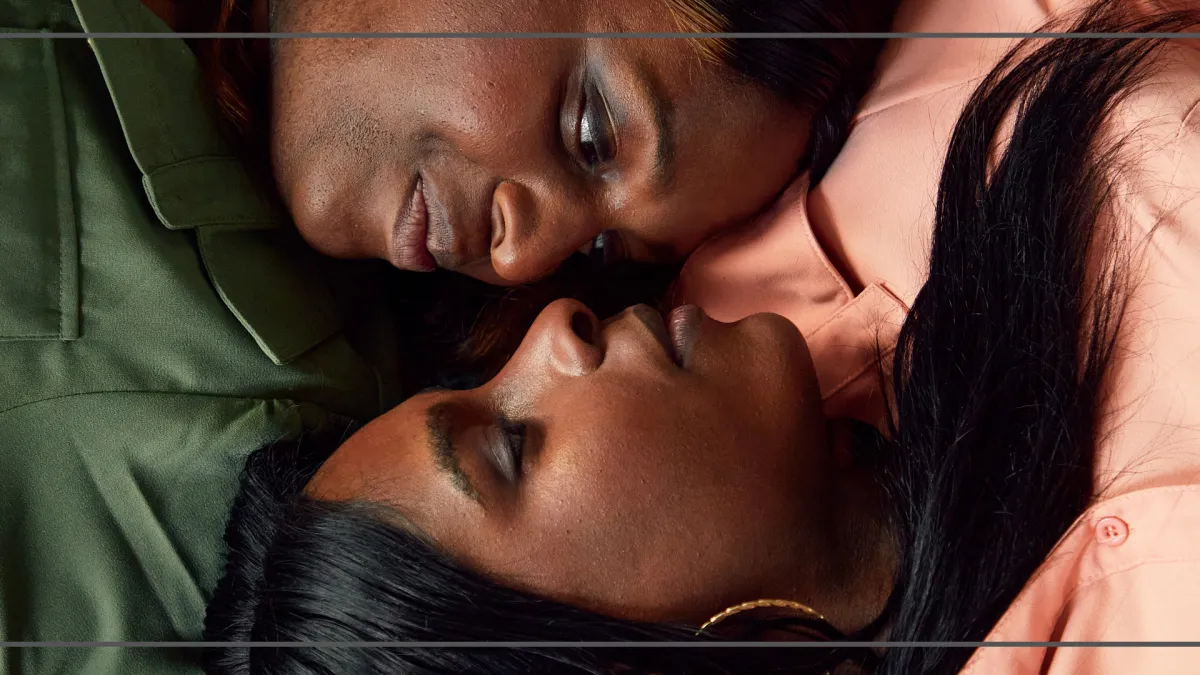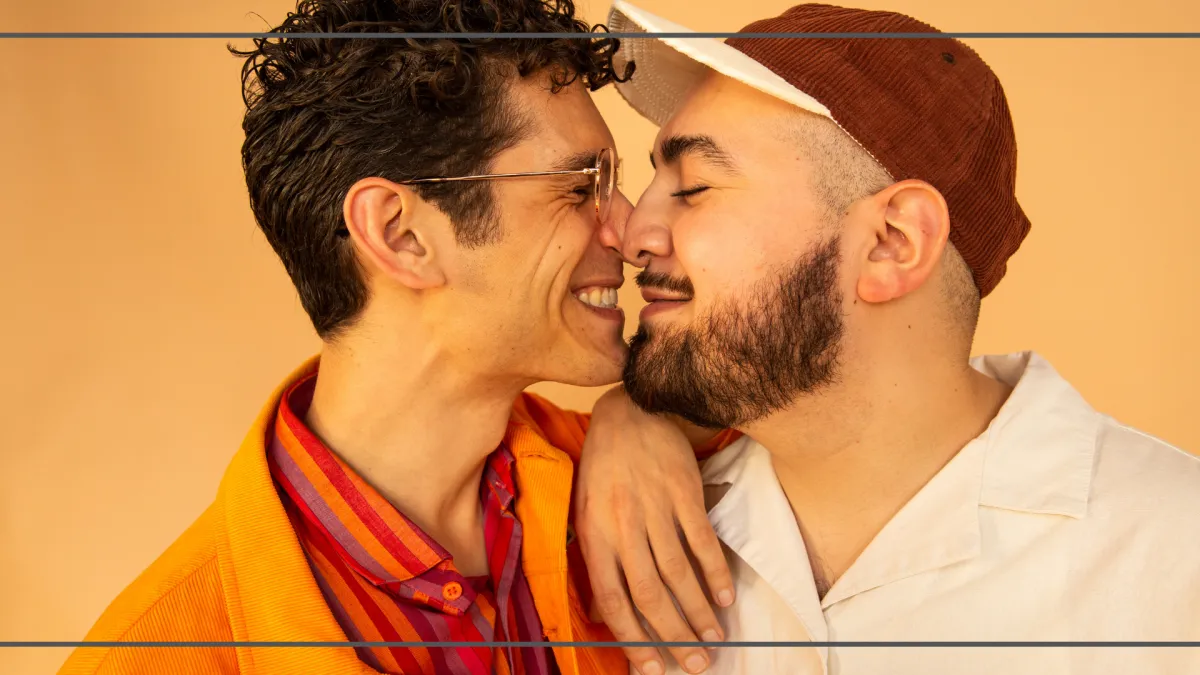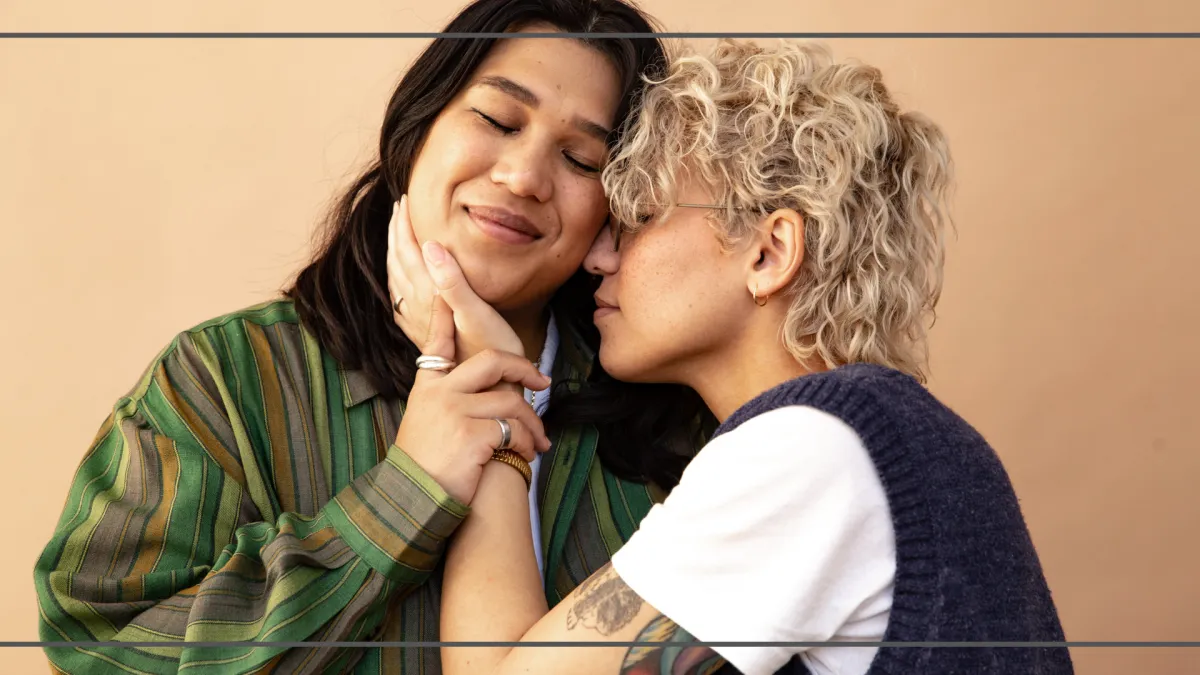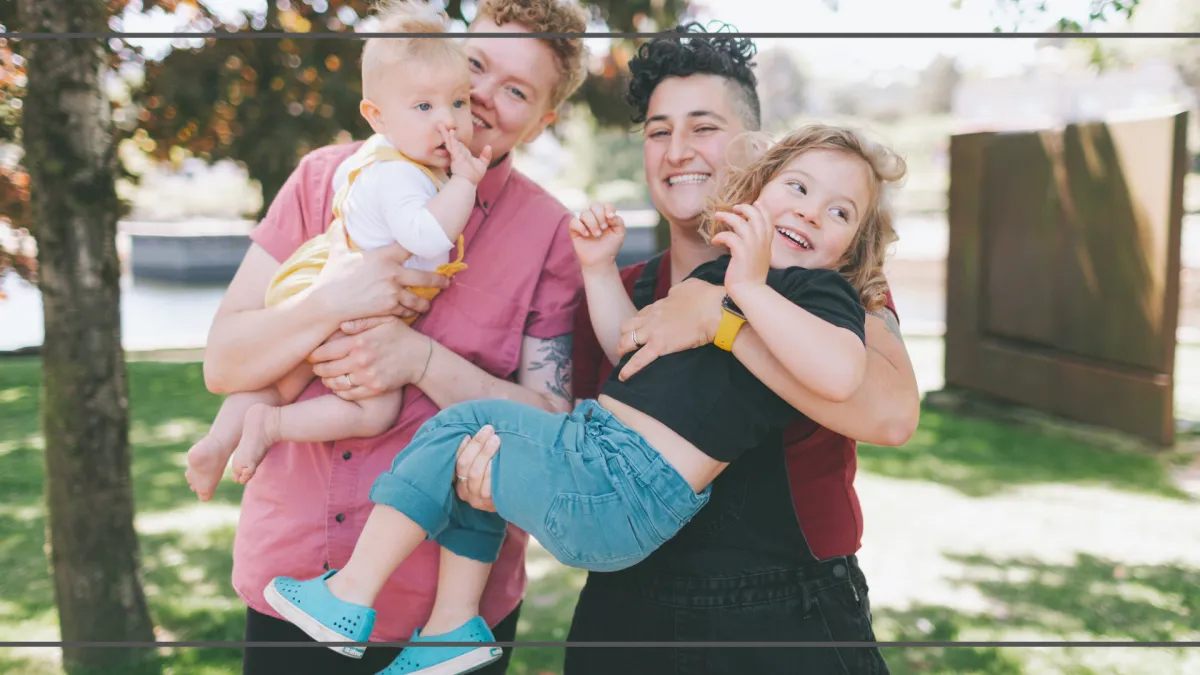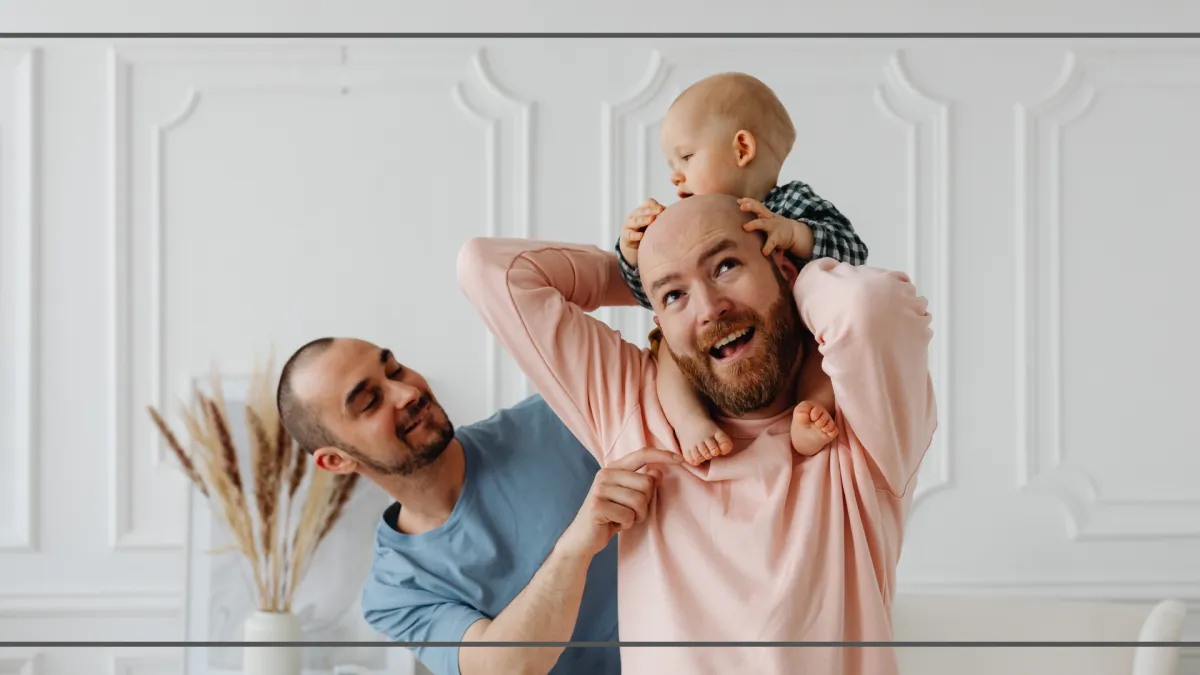Dear Past, Thanks for all the lessons.
Dear Future, I'm ready to kick ass.
Welcome to FlowArt Therapy, established in 2016 by Dr. Misty Gibson. Our practice is all about supporting neurodivergent and queer folks with a fresh, inclusive approach to mental health. Dr. Misty, with her extensive credentials (PhD, LMHC, LCPC, LCPAT, ATR-BC, CST, ACS, ATCS, NCC, BC-TMH), is a specialist in neurodivergent and queer concerns and an AASECT Certified Sex Therapist.
Our awesome team of therapists are trained and passionate about working with neurodivergent folx and queer folx, as well as people in open relationships, polyamorous dynamics, relationship anarchy, and the BDSM community. Under Dr. Misty’s expert guidance, we focus on providing affirming and culturally competent care for those who are often marginalized by traditional mental health services. At FlowArt, we celebrate your individuality and offer innovative, tailored care that respects and values your unique journey.
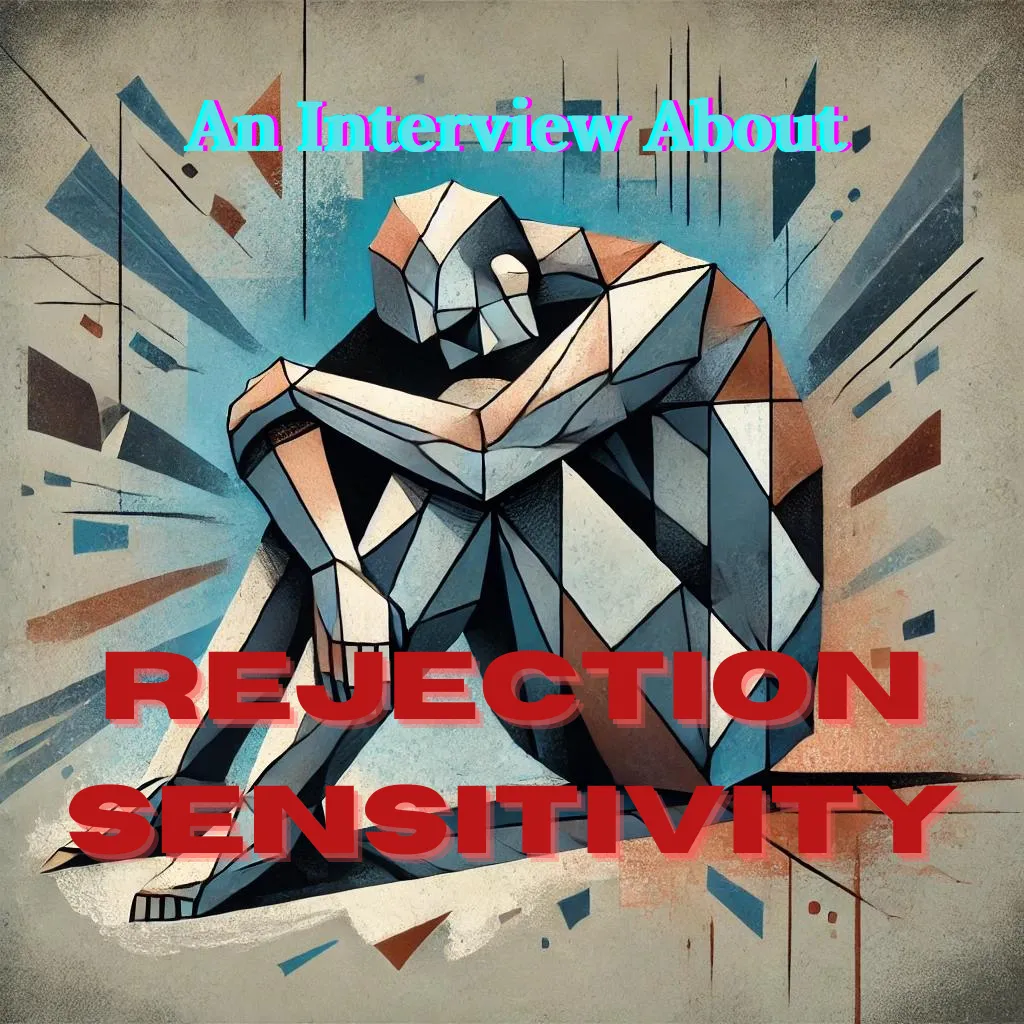
An Interview About Rejection Sensitivity
Our wonderful billing specialist, Jeff, participated in an interview about his experience with Rejection Sensitivity and the impact it's had on his life. Take a read here!
An Interview on Rejection Sensitivity
Interviewer: Can you describe a specific instance where you felt intense rejection sensitivity? What happened, and how did it affect you emotionally and behaviorally?
Jeff: RS has always been pretty common in my life, especially when I'm working on solo projects. There have been numerous times when I have been working on projects for hours and hours, and get great feedback from everyone, and then one person negatively judges my work, and it absolutely crushes me to the point of abandoning it, no matter how great others think it is. I just feel like a complete failure and I feel embarrassed to show it to anyone else.
Interviewer: How has rejection sensitivity influenced your relationships with your family, friends, and colleagues?
Jeff: I have very few friends because of rejection sensitivity. Usually if I am really good friends with someone and they reject something I do, even if it's constructive, I often pull away and lose contact with them. The feeling can be an extreme form of anger, pain, or both, and it often affects me for days. When it first happens the anger part insists that they were never a friend in the first place, and it's their loss if we're not friends, while the pain side literally feels like my heart is in my throat. It's hard to breathe and my chest feels like it's on fire. Over the course of a few days the intensity goes down quite a bit, and maybe I'll reach back out, but I often won't. My problem is from the very start I know it's an irrational reaction, but my brain overpowers my logic and makes it much larger than it has to be.
Interviewer: How did you first realize that what you were experiencing was rejection sensitivity, and not just typical feelings of rejection or criticism?
Jeff: Probably around 17 years ago at my factory job in a previous life. I noticed that my emotional reactions to criticism were much more intense and prolonged compared to others. I looked it up one night and fell into that rabbit hole. It's also where I got the inkling I might have ADHD, and started becoming aware of the war that's constantly going on in my head between many voices telling me how I have to control my emotions, with each having a different way of controlling them.
Interviewer: What coping strategies have you found most effective in managing your rejection sensitivity? Can you share any personal anecdotes about using these strategies?
Jeff: Talking openly with my partner about my feelings has helped me feel more supported and less isolated. I have also met a few other people with the same thing going on, and it helps to have others around me that understands the struggles that are inherent with RS. I have also been working on my emotional control, the most important thing I feel I have learned so far is having the ability to understand when I am in that state that I am there because that was a choice I made, I didn't have to get angry or upset, why do I have to care what they think? And ultimately it's not their fault that I had this strong reaction. Having that perspective has helped me get a lot of my emotions in check and come back to logical reasoning where I can now usually cope with criticism, though I still have a massive issue with conflict avoidance.
Interviewer: Has rejection sensitivity affected your academic or professional life? If so, how?
Jeff: Plenty of times. There were plenty of times in my old job where I had really great ideas, but would not bring them up because upper management was stuck in the "old ways'' and I knew they were going to rip my idea apart, even though I knew for a fact it was more effective. In my academic life I've had a very recent one that I will talk about on our upcoming podcast, but a more distant one was when I started Capella University. As a perfectionist (which I hate being, thanks dad for pounding in my head to always do things right the first time), I prided myself on all the 4.0s I got on everything. I had one research paper that I was extremely interested in doing, it was about gentrification in the US, and I actually spent a lot more time on the paper than I did all my other papers, and in the end I got a 3.5 on it. Still great, right? No. I took it personally, I might as well not even have done it, and this time it was just pure anger. How could they give me a 3.5 when I spent hours upon hours more on it than I did all the other papers that I got a 4.0 on? It was also a topic I was extremely passionate about, and in the end I felt like all that effort was pointless because the instructor didn't see the passion I put into the paper, she only saw the flaws in my citations. I really felt like dropping out because what's the point in continuing if I can slack off and do papers at the last minute and get a perfect score, but actually put love and research into something, only for them to look past that and criticize something completely unrelated to the research? Luckily I was talked out of it, but I did harbor quite a bit of resentment towards that school until I transferred to Antioch. The rest of my papers at Capella were bare minimum, and a 4.0 every time. I hated it.
Interviewer: How does rejection sensitivity impact your hobbies and projects, like woodworking or game development?
Jeff: Rejection sensitivity plays a huge part as to why I don't finish my projects. In addition to what I mentioned above, sometimes if I'm working on something and I see an issue I can't fix, or that I overlooked, I will just abandon it so I don't run the risk of someone criticizing it. To me, something not being seen at all is better than something being seen with a minor flaw that people might not even notice. It is the only reason I stopped making art. I used to make art all the time, loved it, and I was really great at it. At one point someone must have made a judgment against one of my pieces and that was the end of it. The last time I made a serious piece was 22 years ago, and I still fear making art because of what happened then.
Interviewer: What role has therapy or professional help played in your journey with rejection sensitivity?
Jeff: My partner, of course, is a therapist, so she has been an invaluable resource in helping me work through all of my issues (I hate that word, but that's how I personally see them). I have made great strides in my personal development compared to who I was 5 years ago, but there is still quite a bit of deep rooted stuff that comes up every so often. I also noticed from us talking a lot of things are intertwined together, such as my perfectionism, rejection sensitivity, and conflict avoidance are all weaved together in most cases to some degree, and depending on the situation, I have to decide which of the three would be best to work on first, and it's not always clear. Take for example my art. I won't make art because I'm extremely fearful of someone rejecting it, but why would someone reject it? Because it's not perfect, and then when they reject it I feel like others will reject it and that will start conflict between me and others. Which one is the one I address first? This I feel is best answered by working with a therapist, as they have more knowledge about how different thought processes work together. Trying to do it yourself is going to lead to you believing you're broken because you just can't figure out how to fix yourself, because nothing works.
Interviewer: How has your perspective on rejection sensitivity changed over time? Do you view it differently now than you did in the past?
Jeff: Working on my rejection sensitivity is a fairly recent thing. I have been working extensively on many things over the past 5 years, and this is one of my next steps. I still view it as a flaw, which I know I shouldn't, but I'll get there if/when I finish working on getting it fully managed.
Interviewer: Are there any specific moments or achievements in your life that you’re particularly proud of overcoming rejection sensitivity?
Jeff: Going to school has helped my rejection sensitivity more than anything else. When I first started I never talked in class, and I only did bare minimum aside from that one paper. Now, at Antioch, I see my value and often evaluated by the instructors as being a major contributor to class discussions. I understand the content and often find myself challenging it, which has in turn also helped with my conflict avoidance. I think a lot of it is because it is a learning institute, people won't be rude, at least not in my experience, so I feel safe speaking my mind, knowing that I'm not going to be bashed or shamed for having my own thoughts about something. I realized a very large part of rejection sensitivity is just having confidence in yourself, so that when something goes wrong, having the "Okay, I can fix this!" instead of the "Of course this happened..." mentality plays a much bigger role than one would think.
Interviewer: What advice would you give to others who might be experiencing rejection sensitivity?
Jeff: Find other people who are rejection sensitive, more than likely some members of your family have it too, find support groups online, or seek out a therapist. The most important thing in finding a therapist is to make sure you click with them, and find out if they have any lived experience with it, as someone who knows about it through books and someone who has been there are two completely different things. You have to live it to know how it feels, and someone who hasn't experienced it will not know how it feels, and therapy isn't going to be as effective then. Until then, if you feel yourself losing control, just step back and take a deep breath, it really works! Understand that the way you feel is a choice, tell yourself that, you don't have to care about what they say, and that oftentimes won't eliminate the sensitivity, but it will reduce its impact on you in the moment and offer you a little bit of clarity.
About Dr. Misty Gibson

Dr. Misty began FlowArt Therapy as a solo venture in 2016. As she worked alone, she realized that the unique population she serves needed more specialized mental health care than she could provide by herself. In 2020, Dr. Misty decided to expand into a group collective, inviting interns and associates to join her in practicing clinical mental health and sex therapy for neurodivergent, queer, polyamorous, and kinky individuals.
Over the years, Dr. Misty has trained many students, interns, and associates in competent, compassionate, and consent-based therapy, using a relational-cultural approach. To be a part of FlowArt Therapy, it’s essential that all therapists are sex-positive, neurodivergent-informed, and committed to continuing their education in these areas. Dr. Misty has transformed her practice into a collaborative teaching space, where she closely models and trains therapists in these focused methods.
Together with her colleague and business partner, Michell Brockman, Dr. Misty is expanding the reach of FlowArt. They’re working on bringing on-demand learning opportunities to the public and to clinical mental health practitioners about the intersection of neurodivergence and queer identities through FlowArt Academy, The Sparkle Newsletter, The Sparkle App (coming soon), and the Neurosparkly podcast.
What's On
Check out the things we are working on within FlowArt and beyond!
Check Out Our News!
Our newsletter, The Sparkle, is chock full of great articles and insights focused on neurodivergence, queer identity, and other amazing content. We often have cool freebies included too, so don't miss out!
FlowArt Therapy
Dr. Misty's group practice that inspired it all, is always taking new clients! We focus on queer issues and neurodivergent humans, particularly adults who are newly exploring their neurodivergent identities, as well as polyamorous and kinky folx! Let's get you started on therapy!
On Demand Courses
The courses on FlowArt Academy are focused on topics for neurodivergent and queer folx and the people who love them. We provide great learning to bring awareness and support for neurodivergent/queer/adjacent identities.
Listen to Our Podcast!
Our podcast, Neurosparkly, is funny, insightful, and genuine, and we'd love it if you check it out! Neurosparkly publishes a new episode every week where we share our thoughts and have great conversations & guests!
FlowArt's The Sparkle App
We’re excited to be developing The Sparkle App, bringing you daily content on courses and programs focused on neurodivergence and queer identity, as well as bespoke programs specific to your learning interests. Stay tuned for an amazing experience designed just for you!
If you are in crisis, please do not use this site. For more crisis services and information about police intervention, please click the button below:
If you or someone you know is in immediate, life-threatening danger and decide to call 911, please be aware that police are not equipped to offer mental health support and may even pose danger to People of Color, Neurodivergent people and Disabled people.
Please ALSO reach out to community leaders, neighbors, friends, and family to be present if you are calling the police.
Please note that some crisis line workers are mandated to report calls regarding suicide to the police. If this is a concern, we encourage you to first ask about their reporting policies before sharing.
© 2024 FlowArt
The information contained in this Web site and from it's resources is for general guidance on matters of interest only. The information contained in this website is for general information purposes only. The information contained in or through our website is not intended to provide medical advice and is not intended to be a substitute for professional medical advice, diagnosis or treatment that can be provided by your own Medical Provider (including doctor/physician, nurse, physician’s assistant, or any other health professional), Mental Health Provider (including psychiatrist, psychologist, therapist, counselor, or social worker), or member of the clergy. The website and its education resources are not be used as a substitute for consultation with a professional psychologist or other professional health or medical provider. Therefore, do not disregard or delay seeking professional medical, mental health or religious advice because of information you have read on this website or received from us. Do not stop taking any medications without speaking to your own Medical Provider or Mental Health Provider. If you have or suspect that you have a medical or mental health problem, contact your own Medical Provider or Mental Health Provider promptly.


